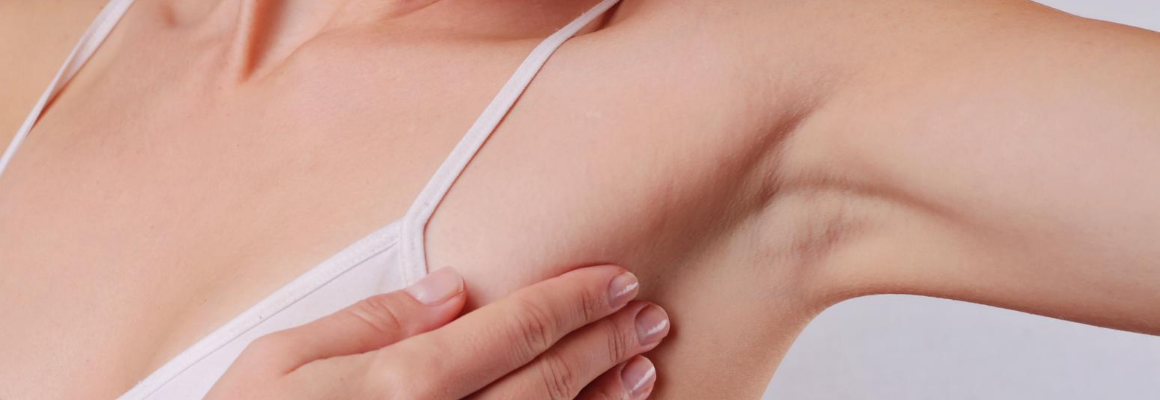Have you noticed that your stomach is itchy? It could be stomach eczema. While this condition is obviously uncomfortable, there are fortunately ways you can manage symptoms and control your itch. Read on to discover our best tips and tricks for treating eczema on stomach naturally.
Please keep in mind that although what we discuss in this post can relieve eczema, we are in no way medical professionals. If you’re experiencing severe eczema symptoms like an infection, it is best to seek medical advice immediately.
Symptoms of Eczema Stomach Rash
If you suffer from eczema on the stomach, one of the first things you’ll likely notice is itchiness. This is because those with eczema have a damaged skin barrier which has trouble retaining moisture. Dry skin tends to be itchy. You may also notice swelling, and white or dark-coloured patches. The skin on your stomach may be red and bumpy. If relentless scratching occurs, the skin may crack or bleed which can pave the way for infection.
Bear in mind that symptoms may go through periods of different intensity. For example, at times they may be almost unnoticeable and at others, you may experience bad flare-ups. Eczema on the stomach can also affect areas nearby such as the neckline, breasts, and lower abdomen.
Causes of Stomach Eczema
Researchers are actually not sure what causes stomach eczema. That being said, the condition is believed to be linked to environmental and genetic factors. For example, if other family members have eczema, there’s a higher likelihood that you will also develop the condition.
Others suffer from an overactive immune system that responds with inflammation when triggered by a substance outside or inside the body. These external triggers can be a variety of things, many of them common household objects such as laundry detergents. Other triggers include stress, extreme hot or cold temperatures, pet fur, pollen, detergent for sensitive skin, medication such as oral antibiotics, steroids, and birth control, and even certain foods.
Another common trigger for stomach eczema are fabric irritants like latex, polyester, nylon and even wool. If you experience eczema symptoms after exposure to these fabrics, you may have textile dermatitis.
Treating Eczema on Stomach Naturally
While eczema is a chronic disease, there are ways to control symptoms and manage flare-ups. Our first tip is to keep your stomach moisturized. As mentioned earlier, one of the prime symptoms of eczema is dry skin which has a tendency to be itchy.
You may like this Emily Skin Soothers for Itchy Eczema. Using just three Chinese herbs in a base of olive oil and beeswax, it's free from colorants, artificial fragrances, preservatives, and chemicals. For more options, explore our eczema cream collection. Find relief from dry and itchy rashes by applying daily.
As hot water can exacerbate eczema symptoms, we highly recommend taking shorter showers using lukewarm water with gentle eczema soap. When finished, pat dry with a towel as rubbing can also worsen symptoms. Be sure to apply one of the moisturizers mentioned above after showering to combat the drying effects of water on the skin.
As irritating fabrics tend to be a prime trigger for eczema, it might be time to switch up your wardrobe. We suggest avoiding clothing made from latex, polyester, nylon or wool or protecting your skin from coming into contact with these materials.
You can do this by wearing a protective layer underneath your regular clothing. Check out our Remedywear™ clothing collectoin for adults and kids. Offering supreme breathability and natural moisture-wicking properties, it’s easy to layer and comfortable to wear all day or night. Made with eco-friendly TENCEL and embedded with anti-inflammatory zinc fibers, it’s soothing and cooling for irritated skin.
Get our top tips for eczema on hands!
References:



